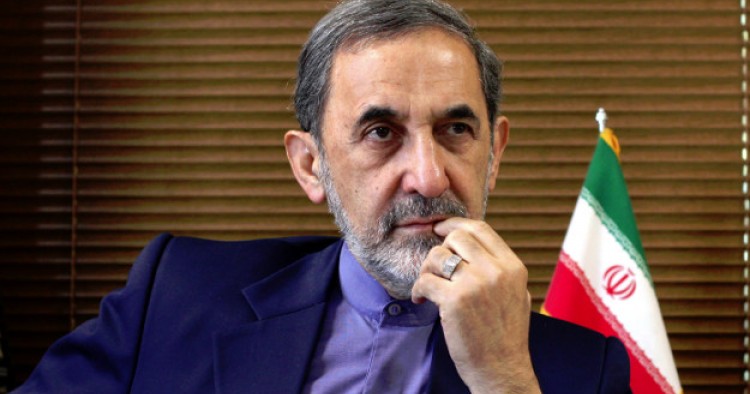Iranian officials have reiterated that the country would not allow any foreign inspectors to visit its military sites, rejecting International Atomic Energy Agency (I.A.E.A.) head’s Monday remarks that the watchdog makes no distinction between civilian and military sites in its inspection process. On Tuesday, Ali Akbar Velayati, a top advisor to Supreme Leader Ali Khamenei on international affairs, said it was an “invention” by I.A.E.A. Director General Yukiya that the agency has a right to inspect Iran’s military sites. “Visiting Iran’s military centers is forbidden to all foreigners,” Velayati, a former foreign minister, stressed. “If he was independent and able to take decisions independently, he should have emphasized on visiting nuclear sites of the Zionist regime because the existence of nuclear weapons in the occupied territories is the biggest threat to the Middle Eastern region. Amano is ignoring this issue and has no response,” he added.
Mostafa Lavakebian, a reformist politician and lawmaker from Tehran, echoed a similar response. He claimed that the Joint Comprehensive Plan of Action (J.C.P.O.A.) – the nuclear agreement Iran signed with world powers in July 2015 – gave no rights to the I.A.E.A. and the United States to visit Iran’s military bases. “American officials make such claims about visiting our country’s military sites so as to derail the J.C.P.O.A.’s implementation and prevent the Islamic Republic of Iran from reaping benefits of this multilateral agreement,” he opined.
Ibrahim Karkhanaei, a conservative politician and former head of the nuclear committee of the Iranian Parliament, said that the I.A.E.A. visited the Parchin military site two years ago and “removed all present and past concerns” about Iran’s possible covert nuclear activities. He argued that that chapter is closed and accused Washington of “plotting” a new push for the inspection of Iran’s military installations. He warned the I.A.E.A. not to “play in America’s conspiracy field again” and tarnish the agency’s reputation.
Comment: Speaking to I.A.E.A.’s Board of Governors on Monday, Amano said Iran has honored its J.C.P.O.A. commitments but pointed out that the agency does not distinguish between military and civilian sites and may seek access to Iran’s military sites if needed.
“We will continue to implement the Additional Protocol in Iran, including carrying out complementary accesses to sites and other locations, as we do in other countries with additional protocols,” he added.
Last month, U.S. Ambassador to U.N. Nikki Haley visited the I.A.E.A. office in Vienna to urge the international watchdog to inspect Iranian military bases and ensure Tehran is not running a secretive nuclear program. "As good as the IAEA is, it can only be as good as what they are permitted to see," Haley said after returning from Vienna. "There are also numerous undeclared sites that have not been inspected yet," she added. "That's a problem." She continued: "I have good confidence in the IAEA, but they are dealing with a country that has a clear history of lying and pursuing covert nuclear programs.”
Iranian military and political leaders said Haley’s suggestion was a “dream” and ruled out inspection of the country’s military sites as red lines.
I.A.E.A. officials say the agency can request access to Iranian military sites if it has credible information about any covert nuclear activities.
The Middle East Institute (MEI) is an independent, non-partisan, non-for-profit, educational organization. It does not engage in advocacy and its scholars’ opinions are their own. MEI welcomes financial donations, but retains sole editorial control over its work and its publications reflect only the authors’ views. For a listing of MEI donors, please click here.












